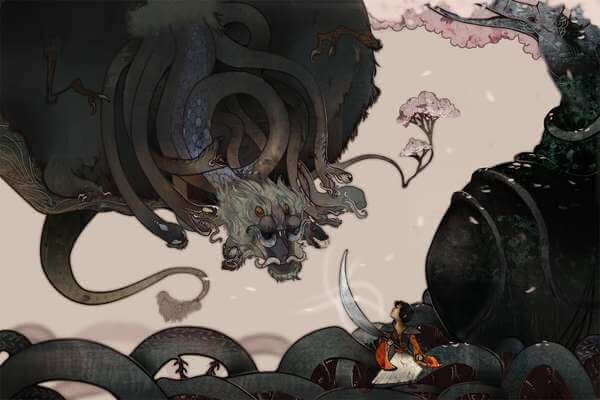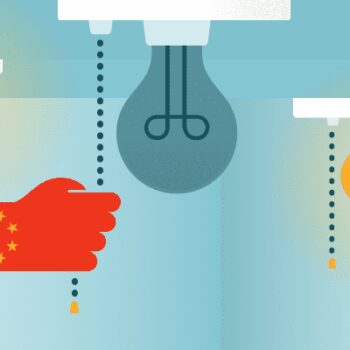If a picture speaks a thousand words, then a parable speaks a thousand truths. We love stories with hidden meanings—whether it’s a movie, book, or performance, the underlying truth that sparks the “A-ha moment” captures us. That’s what parables do.
Parables have been told for centuries across all cultures, and they’re just as profound today. Here are three timeless parables that will challenge and change the way you live life.
1. The Muddy Road
Tanzan and Ekido were once traveling together down a muddy road. A heavy rain was still falling.
Coming around a bend, they met a lovely girl in a silk kimono and sash, unable to cross the intersection.
“Come on, girl,” said Tanzan at once. Lifting her in his arms, he carried her over the mud.
Ekido did not speak again until that night when they reached a lodging temple. Then he no longer could restrain himself.
“We monks don’t go near females,” he told Tanzan, “especially not young and lovely ones. It is dangerous. Why did you do that?”
“I left the girl there,” said Tanzan. “Are you still carrying her?”
…
Letting go can be difficult, but you’ll torture yourself mentally and emotionally by holding on. Breathe deep, and let it go. Life doesn’t always follow the script; rules are bent and broken; the ideal doesn’t match the real. But carrying wounds long after the battle is done is a mark of immaturity.
2. The Two Wolves
An old Cherokee chief was teaching his grandson about life…
“A fight is going on inside me,” he said to the boy.
“It is a terrible fight and it is between two wolves.
“One is evil – he is anger, envy, sorrow, regret, greed, arrogance, self-pity, guilt, resentment, inferiority, lies, false pride, superiority, self-doubt, and ego.
“The other is good – he is joy, peace, love, hope, serenity, humility, kindness, benevolence, empathy, generosity, truth, compassion, and faith.
“This same fight is going on inside you – and inside every other person, too.”
The grandson thought about it for a minute and then asked his grandfather,
“Which wolf will win?”
The old chief simply replied,
“The one you feed.”
…
It’s no surprise that expressing gratitude increases positive experiences. Whatever you decide to feed will grow. Focusing on something causes your brain’s reticular activating system (RAS) to flag anything related as important. If your default is toward negativity, you’ll always see the glass half empty. Start feeding the good wolf to see, and live, the silver lining.
3. The Farmer’s Fortune?
Once upon the time there was an old farmer who had worked his crops for many years. One day his horse ran away. Upon hearing the news, his neighbors came to visit. “Such bad luck,” they said sympathetically.
“Perhaps,” the farmer replied.
The next morning the horse returned, bringing with it three other wild horses. “What great luck!” the neighbors exclaimed.
“Perhaps,” replied the old man.
The following day, his son tried to ride one of the untamed horses, was thrown, and broke his leg. The neighbors again came to offer their sympathy on his misfortune.
“Perhaps,” answered the farmer.
The day after, military officials came to the village to draft young men into the army. Seeing that the son’s leg was broken, they passed him by. The neighbors congratulated the farmer on how well things had turned out.
“Perhaps,” said the farmer…
…
We’ve all had experiences where the curse turns into a blessing; rejection turns into redirection, and the unanswered prayer is the best thing that could’ve happened to you.
Life is indeed a box of chocolates—you never know what you’re gonna get. Yet the father isn’t delusional or apathetic, but equanimous through life’s ups and downs. And there’s a subtle expectation that fortune will follow his misfortune. It’s important to have foundational beliefs that keep you composed, to appreciate and celebrate the good, and to process trials knowing they soon shall pass.





























